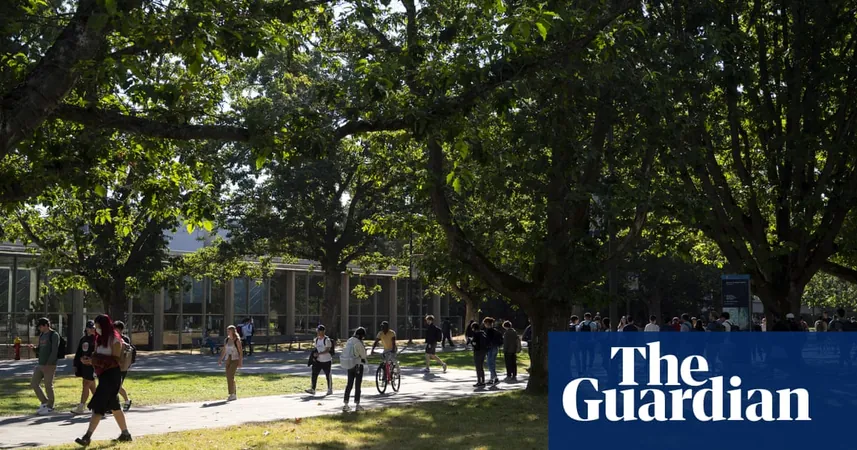
US Students Flee to Canadian Universities as Trump Administration Tightens Visa Policies
2025-04-15
Author: Jacques
In a striking shift, Canadian universities are witnessing a surge in applications from students in the United States. This trend is largely attributed to stringent measures by the Trump administration, which has slashed federal funding for universities and revoked numerous foreign student visas.
The University of British Columbia (UBC) in Vancouver reports a staggering 27% increase in graduate applications from US citizens for programs commencing in 2025, compared to numbers from 2024. To accommodate the rising interest, UBC has swiftly reopened admissions and plans to expedite application processing for students eager to kick-start their studies in September.
Likewise, the University of Toronto, Canada's largest university, has noted a notable uptick in applications from American students, while the University of Waterloo highlighted an increase in campus visits and online traffic from the US since September.
Gage Averill, UBC's provost, emphasizes that this increase can be traced back to the intensifying scrutiny faced by foreign students under the current administration. He pointed out the alarming trend of the US government revoking visas and monitoring international students' social media activities, fostering an atmosphere of uncertainty.
The Trump administration's controversial moves have included freezing federal funds for various universities, pushing them to alter their policies while alleging failures to combat antisemitism on campuses. These measures have triggered deportation proceedings against foreign students participating in pro-Palestinian demonstrations, raising serious concerns over academic and speech freedoms in the US. In stark contrast, Canada is imposing a cap on the number of international students allowed yearly, which could further limit the availability of spots for both US and other foreign students.
Canada's immigration ministry insists that institutions only enroll the number of students they can adequately support, emphasizing the importance of housing provisions. With provinces and territories responsible for distributing spaces under the new cap, the stakes are high.
The University of Toronto, often seen as an alternative to prestigious US Ivy League schools, has reported a "meaningful increase" in applications from US residents. Meanwhile, the University of Waterloo, recognized for its cutting-edge engineering programs, is also experiencing heightened interest from American students in fields such as engineering.
Notably, UBC has observed a modest 2% bump in undergraduate applications this year, closing around the time of Trump’s inauguration. However, the demand appears to be on the rise, with requests for campus tours from US students increasing by 20%.
Reflecting on these changes, Averill expressed concerns about American universities, particularly given the mounting pressures from the Trump administration concerning diversity and climate science initiatives.
According to UBC's annual report, the US remains a key player in international student enrollment, with around 1,500 US students currently enrolled across its two campuses.
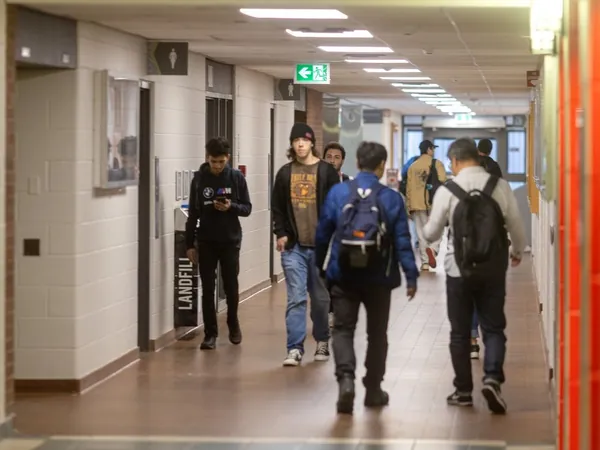

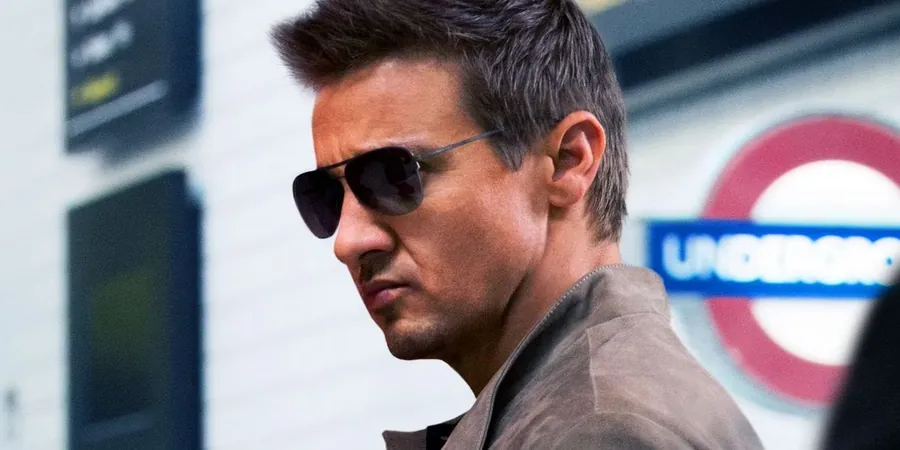
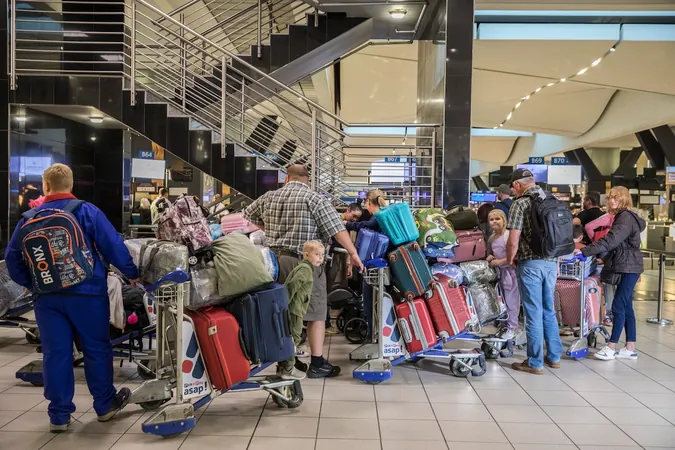

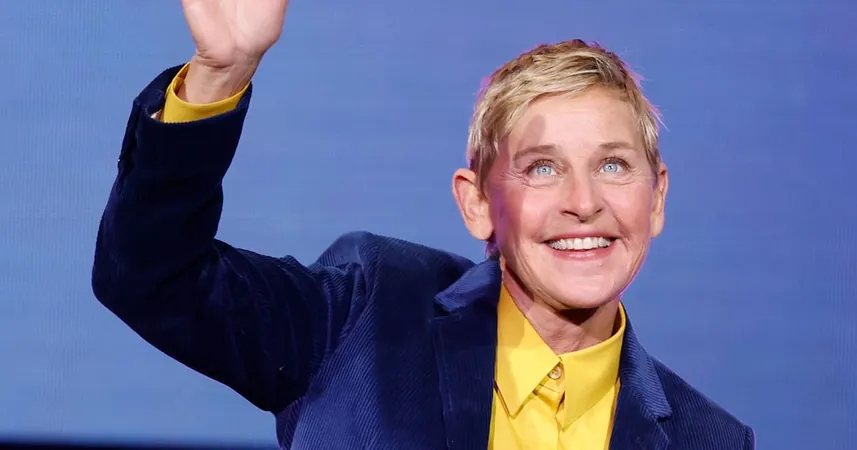
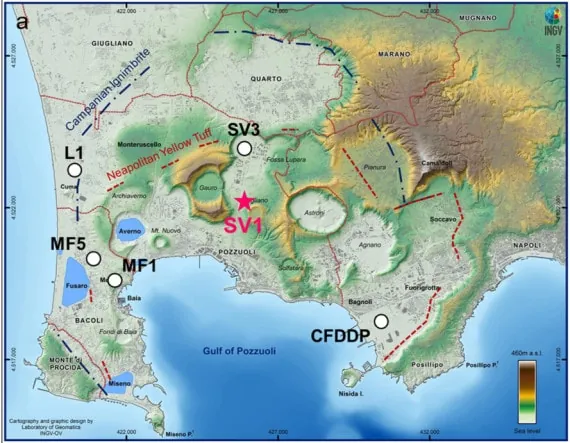
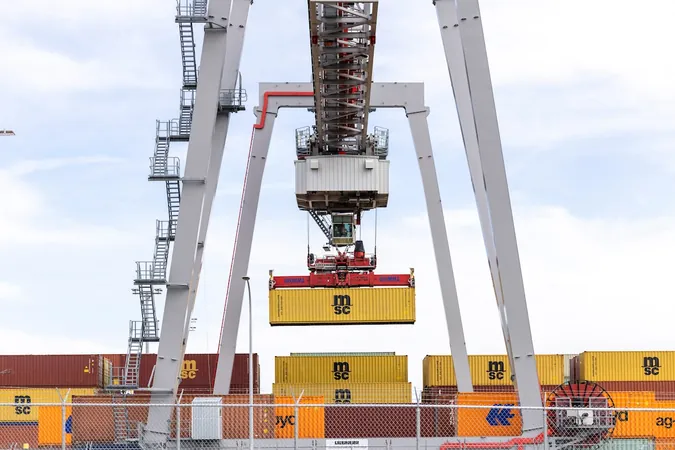
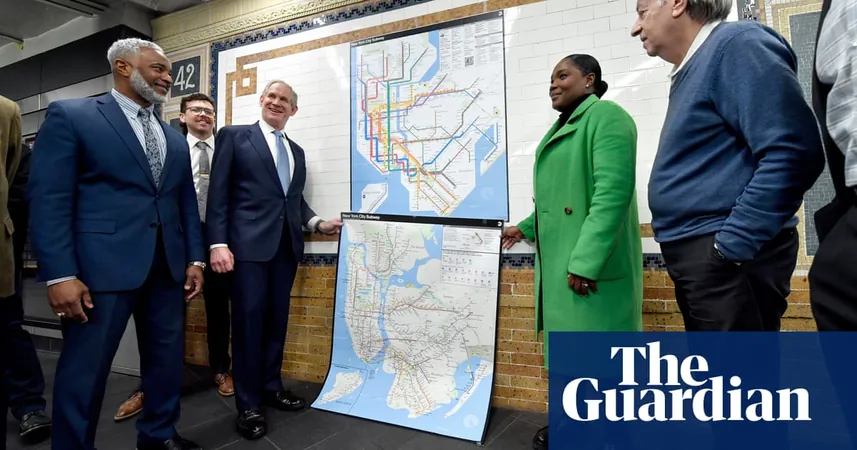
 Brasil (PT)
Brasil (PT)
 Canada (EN)
Canada (EN)
 Chile (ES)
Chile (ES)
 Česko (CS)
Česko (CS)
 대한민국 (KO)
대한민국 (KO)
 España (ES)
España (ES)
 France (FR)
France (FR)
 Hong Kong (EN)
Hong Kong (EN)
 Italia (IT)
Italia (IT)
 日本 (JA)
日本 (JA)
 Magyarország (HU)
Magyarország (HU)
 Norge (NO)
Norge (NO)
 Polska (PL)
Polska (PL)
 Schweiz (DE)
Schweiz (DE)
 Singapore (EN)
Singapore (EN)
 Sverige (SV)
Sverige (SV)
 Suomi (FI)
Suomi (FI)
 Türkiye (TR)
Türkiye (TR)
 الإمارات العربية المتحدة (AR)
الإمارات العربية المتحدة (AR)